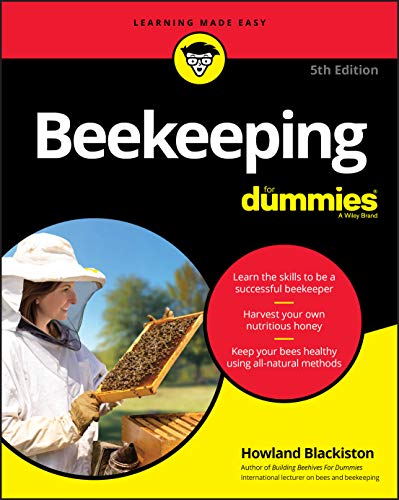BaconWizard
House Bee
- Joined
- Aug 15, 2021
- Messages
- 156
- Reaction score
- 122
- Location
- Shropshire, UK
- Hive Type
- warre
- Number of Hives
- 2
Hi all,
There is lots of information out there about the lifecycle of bees, including the complexities of swarming.
The abridged version as I understand it and as concerns wild bees in their natural state, is that once a hive begins to feel cramped then they will get ready to swarm. If the old/current queen is strong enough then off they go. If she is old but has not been killed then there might be a virgin queen with the swarm.
In either case, there will be emerging potential queens left behind with the remaining colony, some of whom might end-up taking yet another, smaller swarm away with them if they have been unable to kill the other potential queens (and this swarm will likely fail)
But in all circumstances, eventually you end-up with a situation where there remains one queen and some of the old workers.
Ok, now what? Does this queen ALSO swarm after her mating flight? And leave the old hive abandoned? Or does she stay-put and begin laying eggs in the top of the hive, just below any honey reserves?
TLDR: Does swarming = an empty hive afterwards, or succession?
There is lots of information out there about the lifecycle of bees, including the complexities of swarming.
The abridged version as I understand it and as concerns wild bees in their natural state, is that once a hive begins to feel cramped then they will get ready to swarm. If the old/current queen is strong enough then off they go. If she is old but has not been killed then there might be a virgin queen with the swarm.
In either case, there will be emerging potential queens left behind with the remaining colony, some of whom might end-up taking yet another, smaller swarm away with them if they have been unable to kill the other potential queens (and this swarm will likely fail)
But in all circumstances, eventually you end-up with a situation where there remains one queen and some of the old workers.
Ok, now what? Does this queen ALSO swarm after her mating flight? And leave the old hive abandoned? Or does she stay-put and begin laying eggs in the top of the hive, just below any honey reserves?
TLDR: Does swarming = an empty hive afterwards, or succession?














































